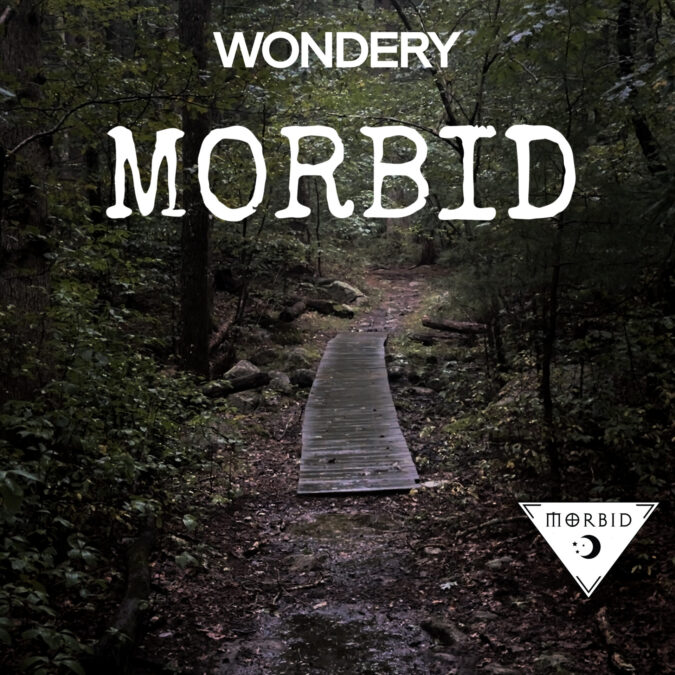When Marie and Pierre Curie discovered radium in 1898, the chemical element was quickly adopted by manufacturers for its luminescent properties that would go on to be used in, among other things, the painting of clock faces, watches, and instrument panels, allowing them to be seen in the dark. At the time, the introduction of radioluminescent materials into manufacturing was hailed as a scientific solution to an age-old frustration, but it didn’t take long before that solution was shown to have terrible consequences.
As a radioactive element, radium is highly toxic to humans, particularly when ingested or inhaled. While it seemed unlikely that anyone would ingest or inhale the radium used to paint a clockface, this fact posed a serious problem for the largely female factory workers whose job it was to paint the dials. These “Radium Girls,” as they would come to be known, not only spent most of their day in close proximity to the paint, but also employed a technique in which they frequently wet their paintbrushes with their mouths, consuming small amounts of radium in the process.
Throughout the first half of the twentieth century, hundreds of young women working in at least three radium dial factories in the United States suffered deadly radiation poisoning as a result of working so closely with radium, all without any safety protocols and completely unaware of the dangers. After dozens of deaths, a group of factory workers successfully sued their employers for damages, exposing the widespread disregard for worker safety. While the suits were generally a major victory for the American labor movement, it was ultimately hard-won and little comfort to those who would die within a few years.
Thank you to the incredible Dave White of Bring Me the Axe Podcast for research!
References
Camden Courier-Post. 1928. “Woman radium victim offers living body to aid in search for cure.” Courier-Post, May 29: 1.
eGov Newswire. 2021. “Menedez leads colleagues in introducing senate resolution to honor the lives and legacy of the ‘Radium Girls’.” eGov Newswire, June 26.
Evening Courier. 1927. “Radium poison victims want damage suit limits raised.” Evening Courier, July 19: 2.
Galant, Debbie. 1996. “Living with a radium nightmare.” New York Times, September 29: NJ1.
Lang, Daniel. 1959. “A most valuable accident.” New Yorker, April 24: 49.
McAndrew, Tara McClellan. 2018. The Radium Girls: An Illinois Tragedy. January 25. Accessed July 8, 2024. https://www.nprillinois.org/equity-justice/2018-01-25/the-radium-girls-an-illinois-tragedy.
Moore, Kate. 2017. The Radium Girls: The Dark Story of America’s Shining Women. New York, NY: Sourcebooks.
New Jersey Department of Environmental Protection. n.d. Radium Girls: The Story of US Radium’s Superfund Site. Environmental Preservation Snapshot, Orange, NJ: New Jersey Department of Environmental Protection.
New York Times. 1928. “Finds no bar to suit by radium victims.” New York Times, May 23: 11.
Prisco, Jacopo. 2017. “Radium Girls: The dark times of luminous watches.” CNN, December 19.
United Press. 1928. “Woman, dying by degrees, tells of symptoms of radium posioning.” Courier-News, May 16: 6.
—. 1928. “3 more are victims of radiun poisoning.” Evening Courier, May 22: 1.
See Privacy Policy at https://art19.com/privacy and California Privacy Notice at https://art19.com/privacy#do-not-sell-my-info.








